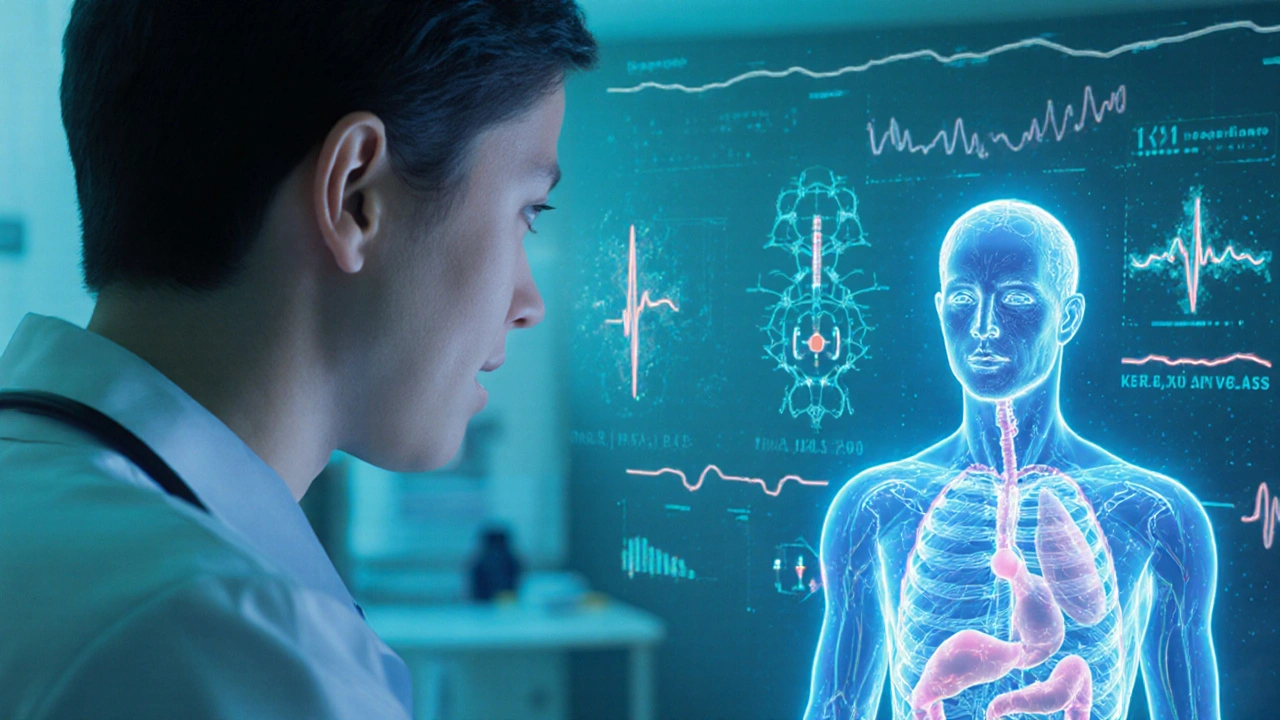Personalized Medicine: How AI and Data Are Tailoring Healthcare to You
When you think of medicine, you might picture a one-size-fits-all pill. But personalized medicine, a system that customizes medical treatment to individual patients using genetic, environmental, and lifestyle data. Also known as precision medicine, it’s shifting healthcare from guessing to knowing. Instead of treating everyone the same, doctors now use your DNA, your habits, even your gut bacteria to decide what works best—for you.
This isn’t science fiction. It’s happening right now. genomics, the study of your complete set of DNA lets labs spot mutations that make you more likely to respond to a certain drug—or more likely to have side effects. Combine that with AI in healthcare, machine learning systems that analyze millions of patient records to find hidden patterns, and you get treatments that adapt as you do. Cancer therapies, for example, are now designed around the exact genetic profile of a tumor, not just its location. Diabetes management uses real-time glucose data to adjust insulin doses automatically. Even mental health apps now tailor recommendations based on your sleep, mood logs, and voice patterns.
It’s not just about drugs. It’s about timing, dosage, and delivery. Some people metabolize medicine faster. Others need lower doses. AI models learn these differences by comparing outcomes across thousands of cases. And it’s not just hospitals—wearables, at-home test kits, and digital health platforms are feeding data into this system every day. The goal? Fewer trial-and-error prescriptions, less wasted time, and treatments that actually stick.
What you’ll find below isn’t theory. It’s real work being done by developers, data scientists, and doctors. From AI models predicting drug reactions to tools that map your genome in hours, these posts show how technology is turning personalized medicine from a promise into everyday practice.

- Nov 4, 2025
- Mitchell Benson
- 0 Comments
How AI Is Transforming Personalized Medicine Today
AI is revolutionizing healthcare by tailoring treatments to individual biology, predicting diseases early, and cutting drug development time. It’s not replacing doctors-it’s giving them the tools to care better.
